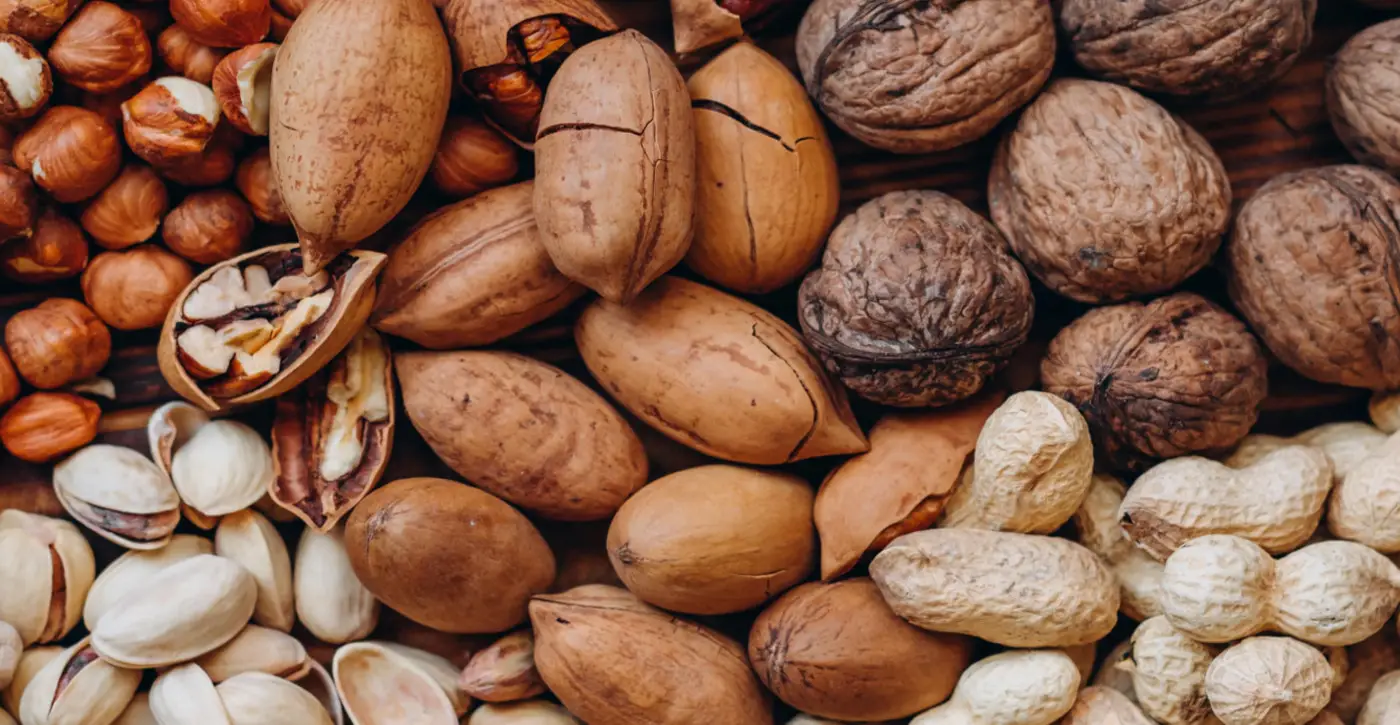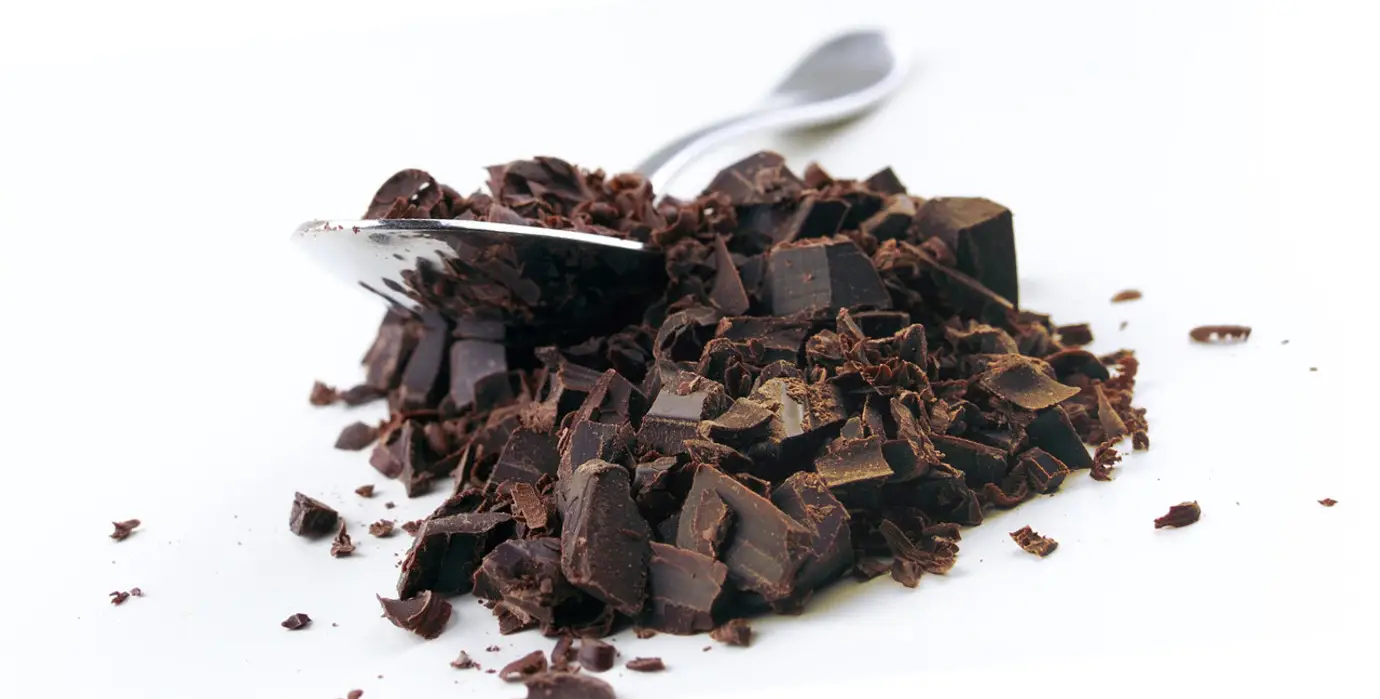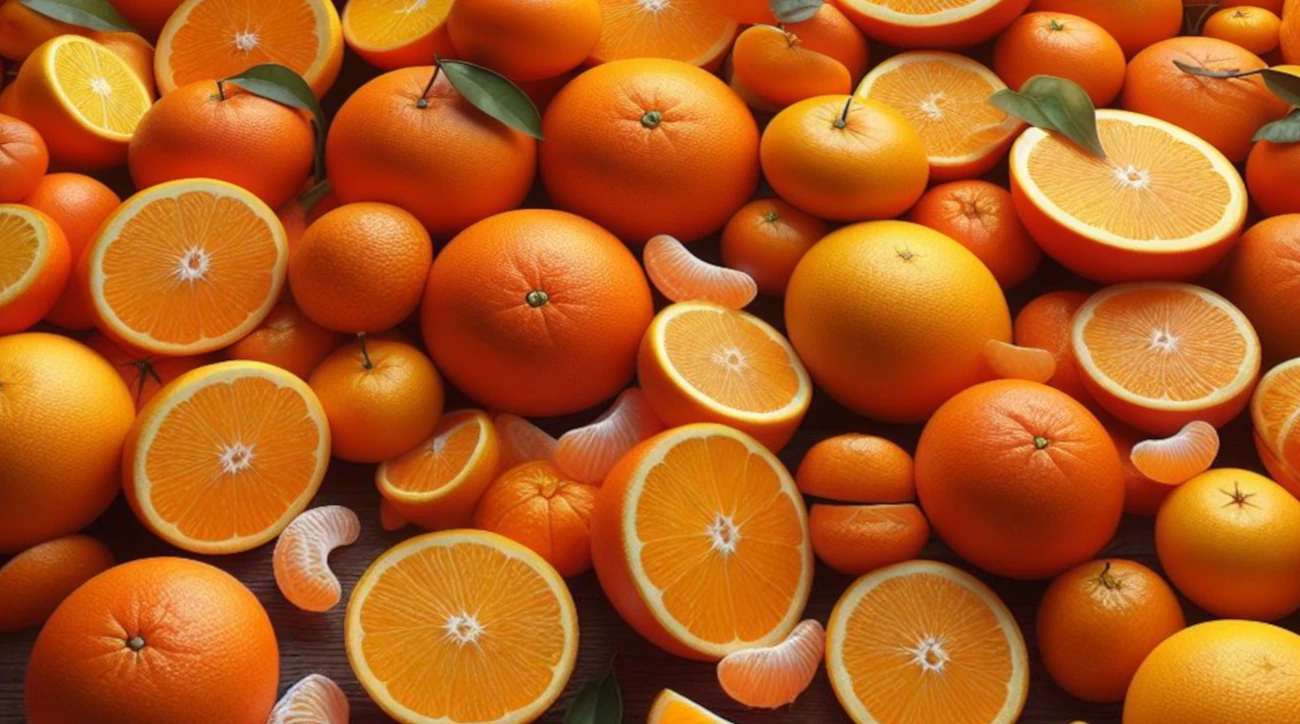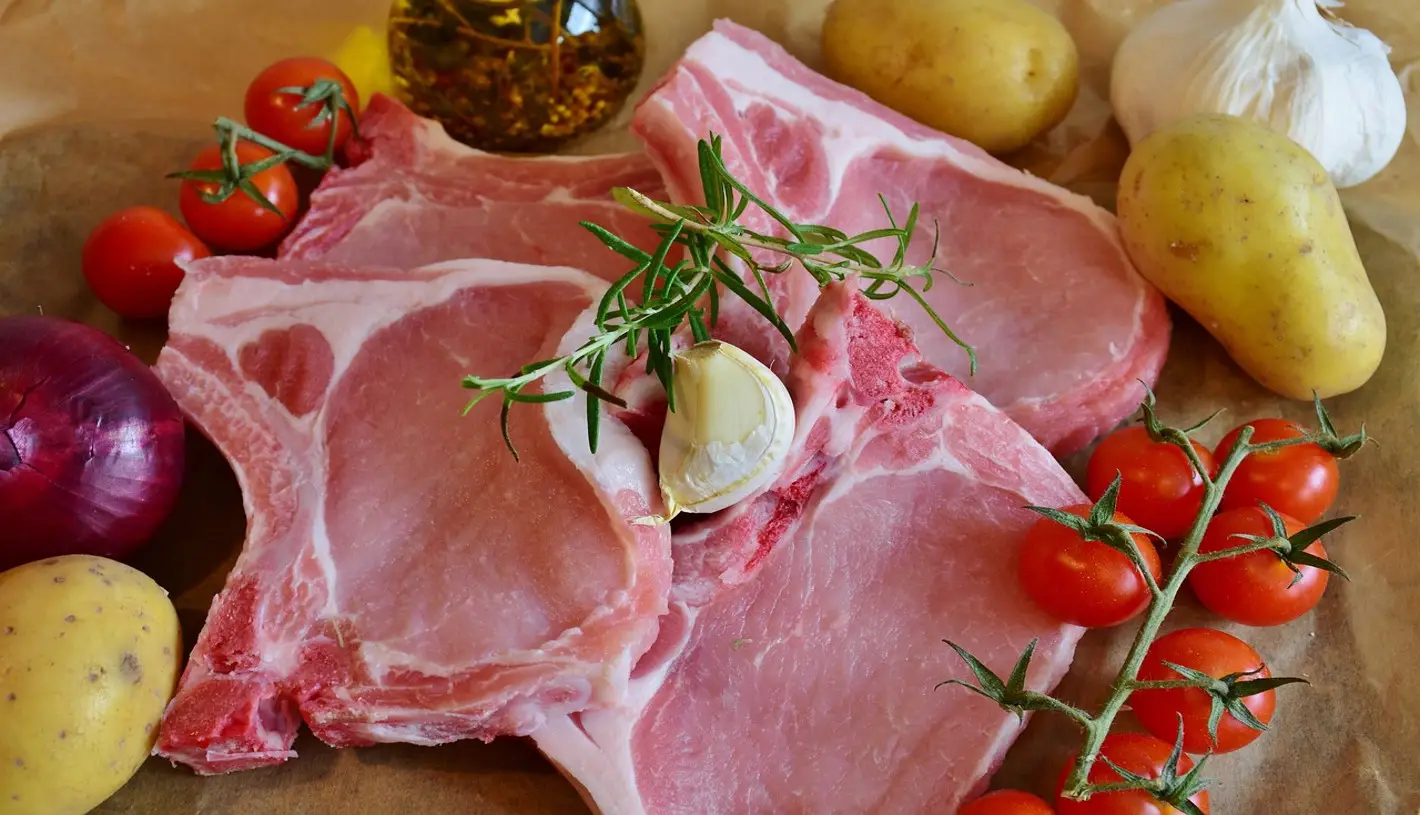Flax Seeds Lysine and Arginine Info Sheet
Overview
Flax seeds are small, brown, or golden seeds that come from the flax plant.They have a mild, nutty flavor and a crunchy texture. Flax seeds can be eaten whole, ground, or sprouted, and can be added to various foods, such as salads, smoothies, or baked goods.
Flax seeds are rich in fiber, omega-3 fatty acids, lignans, and phytochemicals.
They have many health benefits, such as lowering cholesterol, blood pressure, and blood sugar levels, improving digestion, reducing inflammation, and protecting against cancer.
Flax seeds also contain some protein, vitamins, and minerals.
| Name | Lysine (mg/100g) | Arginine (mg/100g) | Ratio |
|---|---|---|---|
| Flax Seeds | 862mg | 1925mg | 0.44 |
Flax Seeds contains 862mg of Lysine and 1925mg of Arginine per 100g of product.
This means Flax Seeds has a low Lysine-Arginine ratio of 0.44.
Because Flax Seeds contains much higher levels of arginine than lysine, limiting its consumption is recommended by people who suffer from herpes, as it may trigger outbreaks.
Lysine Considerations
Flax seeds are a very good source of lysine, as they provide 538.6% of the RDI for an adult.
Lysine is an essential amino acid that is needed for protein synthesis, collagen formation, wound healing, and immune function.
It's one of the nine amino acids that the body can't produce, so it must be included in our diet.
Lysine has many roles in the body, such as aiding in growth, healing, energy production, immune function, and the production of collagen.
Research indicates that lysine may have an impact on the herpes virus, which is responsible for cold sores and genital sores.
Taking lysine supplements or using lysine cream could potentially prevent or treat these infections by inhibitnig the amino acid arginine, which the virus requires for growth.
Arginine Considerations
Flax seeds are an excellent source of arginine, as they provide 1878.4% of the RDI for an adult.
Arginine is a semi-essential amino acid that is involved in nitric oxide production, blood pressure regulation, wound healing, and immune function.
Arginine can support your health and performance, such as lowering your blood pressure, healing your wounds, and boosting your exercise endurance.
Arginine can be made by the human system or obtained from foods like meat, dairy, nuts, and soy.
Unfortunately, the herpes virus is known to "feed" on arginine, and having a diet higher in arginine than lysine may increase the occurrence and severity of cold sores and herpes outbreaks.
Lysine-Arginine Ratio
Flax seeds have a low lysine-arginine ratio, which means that they have more arginine than lysine.
This may not be ideal for people who have herpes simplex virus (HSV) infections, as arginine may promote viral replication and trigger outbreaks, while lysine may inhibit viral growth and reduce symptoms.
However, the evidence for this is not conclusive and other factors, such as stress and immunity, may also play a role.
The herpes simplex virus, which causes oral and genital herpes, needs arginine to multiply and infect cells.
Lysine, on the other hand, can interfere with the absorption of arginine in the intestine, and thus limit the availability of arginine for the virus.
By eating a diet higher in lysine than arginine, one may be able to prevent or treat herpes flare ups.
Foods that have a high lysine-arginine ratio include dairy products, fish, poultry, fruits, and vegetables.
These foods can supply the body with sufficient lysine to compete with arginine and inhibit the virus from replicating and causing outbreaks.
Dietary Considerations
Seeds are edible kernels that are enclosed in a protective outer covering, such as sunflower seeds, pumpkin seeds, flax seeds, and chia seeds.
Seeds are abundant in protein, fiber, healthy fats, and minerals.
That said, seeds also have high levels of arginine compared to lysine, which can be problematic for people with herpes.
Arginine can stimulate the replication of the herpes virus, leading to more frequent and severe outbreaks.
Lysine can counteract the effects of arginine, but it is not abundant in seeds.
Because of this, seeds should be consumed sparingly or with caution by people with herpes.
Some seeds that have very high amounts of arginine are sunflower seeds, pumpkin seeds, and sesame seeds.
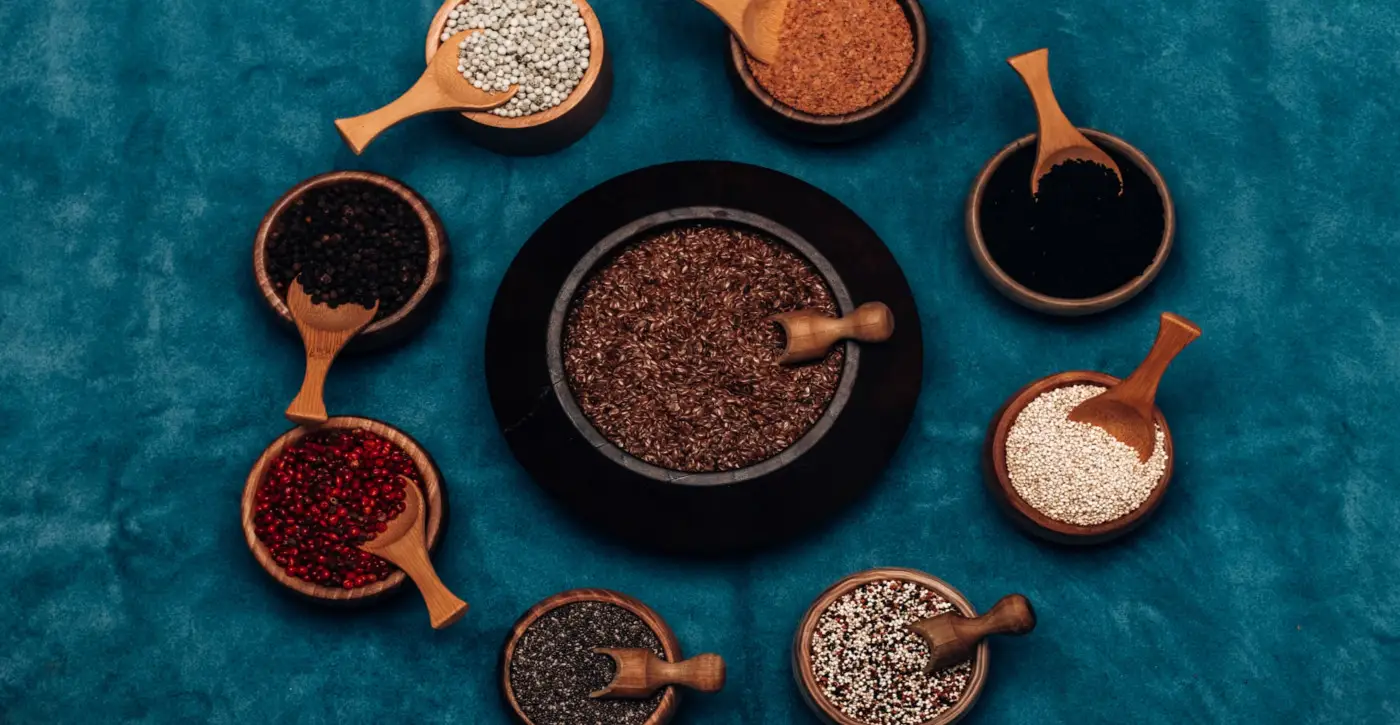
For example:
A diverse and nutritious diet that supports your immune system and fights inflammation is essential.
This means you should eat lots of fruits, vegetables, whole grains, lean protein, and healthy fats, and steer clear of processed foods, added sugars, alcohol, and caffeine, which can harm your health.
Consider taking l-lysine supplements, which can help prevent herpes outbreaks and stop a cold sore before it emerges by limiting the availability of arginine for the virus, which it requires to produce a cold sore.
Other food supplements, such as vitamin C, zinc, selenium, and antioxidants, can help you boost your immunity and protect your cells from oxidative stress.
Try eating foods that can enhance your immune system and reduce inflammation to avoid outbreaks.
Some of these foods are honey, yogurt, aloe vera, and chamomile.
They can also help you with your symptoms by easing pain, swelling, and itching, and accelerating your recovery.
Check more food information
